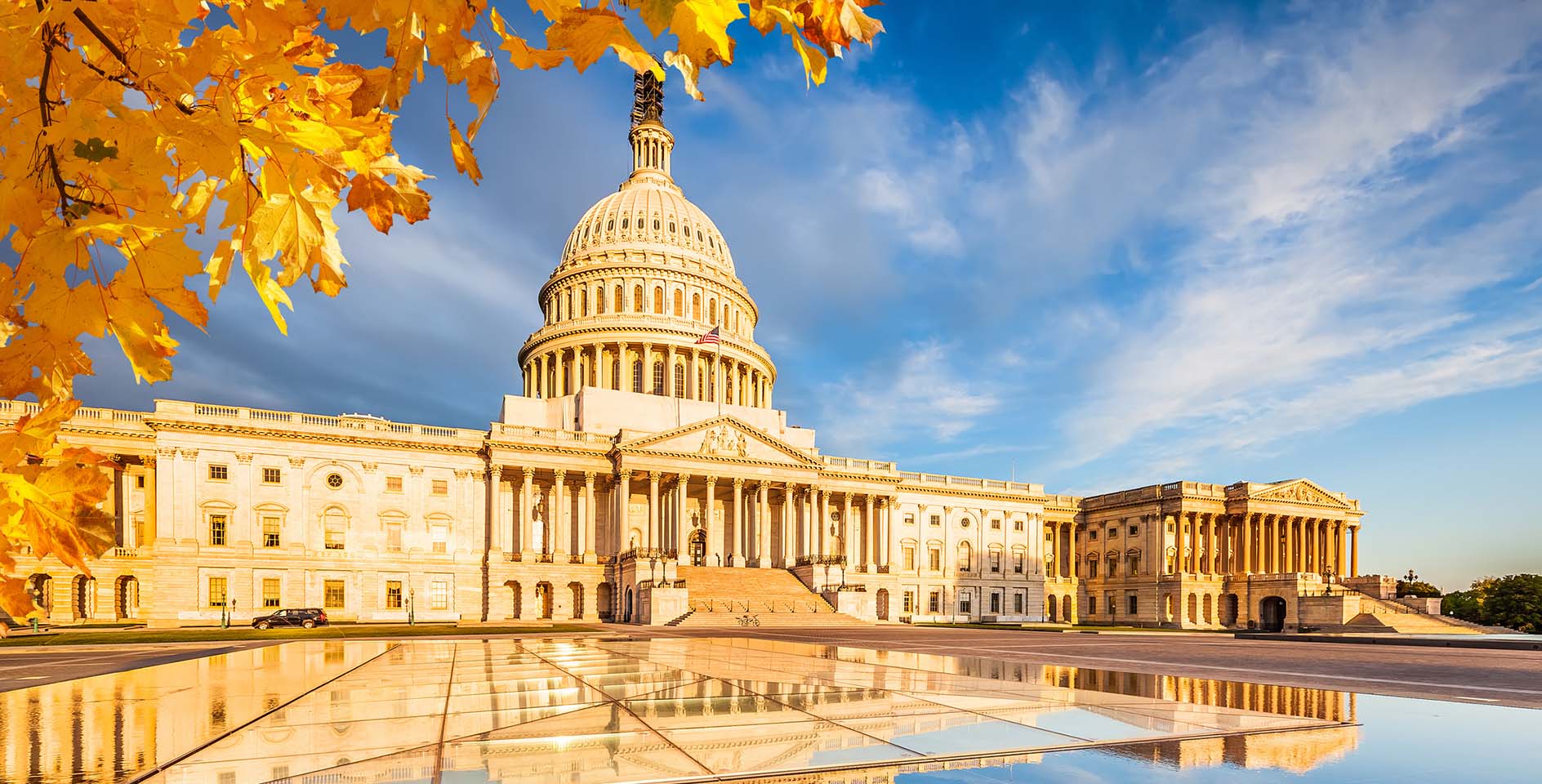Challenges to religious liberty continued to be a major concern throughout 2017. Here are five key developments related to freedom of religion you should know about.
1. Supreme Court backs church in an important religious liberty case
In June the U.S. Supreme Court handed down a ruling in one of the most important religious freedom cases of the year.
The case, Trinity Lutheran Church of Columbia v. Comer, involved a religious preschool that was rejected from a state program that provides reimbursement grants to purchase rubberized surface material (i.e., tire scraps) for children’s playgrounds. The preschool was ultimately denied the grant for its playground solely because the playground belongs to a religious organization.
The Court ruled that blocking a church daycare from receiving generally available state funding is unconstitutional and that churches cannot be excluded from public benefits simply because they are religious.
Read more about the story here.
2. Washington Supreme Court rules against Christian florist in same-sex marriage case
In February, the Washington State Supreme Court ruled in against a Christian florist who refused to serve a same-sex wedding because of her relationship with Jesus Christ.” In their unanimous decision the state court claims that, discrimination based on same-sex marriage constitutes discrimination on the basis of sexual orientation.
The ruling was the latest legal setback for Barronelle Stutzman, the 72-year-old owner of Arlene’s Flowers & Gifts. Last year Washington State’s sued Stutzman because she refused to sell flowers to a long time customer when the arrangements were to be used for a same-sex marriage ceremony.
Alliance Defending Freedom, the organization defending Stutzman in this case, says they will continue to stand with her by appealing this ruling against her to the U.S. Supreme Court.
Read more about this case here.
3. American pastor remains imprisoned in Turkey on terrorism-related charges
A pastor and North Carolina native is still being held in Turkey on unsubstantiated charges of terrorism related activity.
After more than 20 years of serving as an evangelical missionary in Turkey, Andrew Brunson, 48, thought he was being summoned to receive a long-awaited permanent residence card. Instead, Brunson was notified that he was being deported based on being a threat to national security.” He was held for 63 days while being denied access to an attorney—and even denied access to a Bible.
Brunson was then taken to a counter-terrorism center in Izmir and then taken to court, where he was accused of having ties to an American-based cleric, Fetullah Gulen, who is being blamed for a July coup attempt.
Read more about this story here.
4. Supreme Court to Decide If States Can Force Pro-life Pregnancy Centers to Promote Abortion
In November the U.S. Supreme Court agreed to decide the constitutionality of a California state law that forces pro-life pregnancy centers to promote abortion.
The Reproductive FACT (Freedom, Accountability, Comprehensive Care, and Transparency) Act requires that CPCs disseminate a notice to all clients, as specified, stating, among other things, that California has public programs that provide immediate free or low-cost access to comprehensive family planning services, prenatal care, and abortion, for eligible women.”
The state of California and the Ninth Circuit Court of appeals claim that the state has an interest in forcing clinics to promote a particular view about abortion. Requiring pro-life pregnancy centers to promote abortion violates their constitutionally protected rights of conscience and free speech by forcing them to advertise for groups like Planned Parenthood
Read more about this case here.
5. President Trump Issues Executive Order on Religious Liberty
In May President Trump signed an executive order on Promoting Free Speech and Religious Liberty.”
The first section of this executive order announces the Trump administration’s intent when it comes to executive policy to vigorously enforce Federal law’s robust protections for religious freedom.” Federal law protects the freedom of Americans and their organizations to exercise religion and participate fully in civic life without undue interference by the Federal Government,” says the order. The executive branch will honor and enforce those protections.”
The second section states that all executive departments and agencies shall, to the greatest extent practicable and to the extent permitted by law, respect and protect the freedom of persons and organizations to engage in religious and political speech.” The order also specifically states the Department of Treasury (which controls the IRS) will not impose any tax penalties or deny tax-exempt status for any individual, house of worship, or other religious organization that speaks about moral or political issues from a religious perspective” or intervenes in a political campaign on behalf of (or in opposition to) a candidate for public office.” (This is in reference to the so-called Johnson amendment” which prohibits tax-exempt organizations from attempting to influence political campaigns. The present ban is codified in Section 501©(3) of the Internal Revenue Code.)
Read more about this order here.










